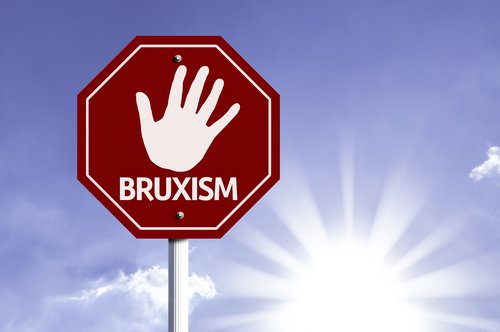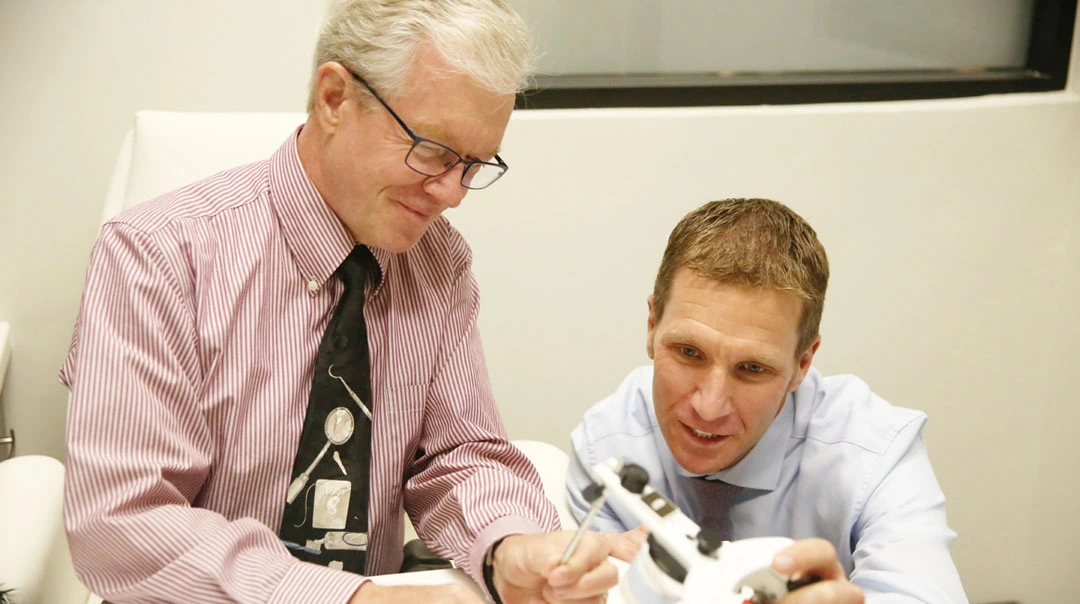
What is bruxism? It’s a condition that causes people to clench or grind their teeth unconsciously. Many people with bruxism grind their teeth unconsciously during the daytime. Others have another form of the condition called sleep bruxism, which causes them to grind their teeth while sleep.
When it comes to sleep bruxism, experts consider it to be a movement disorder that’s specifically sleep-related. If you grind your teeth in your sleep, your chances of having other sleep disorders is great. Some of these disorders include snoring problems and sleep apnea, pauses in breathing while you sleep.
Is Bruxism Dangerous?
It’s quite common for you to clench or grind your teeth every once in a while. Occasional cases of bruxism is not harmful at all. However, if you tend to grind your teeth regularly, you can actually cause irreversible damage to your teeth. Eventually, other oral and dental problems will arise as well.
For mild cases of bruxism, not treatment is required. But, if you grind your teeth frequently, the severity can cause all kinds of dental and oral problems and adverse side effects. These issues are also signs and symptoms that you may be grinding your teeth at night.
The Signs and Symptoms of Sleep Bruxism
If you suffer from sleep bruxism, chances are you have no idea that you’re grinding your teeth in your sleep. And, if you don’t know the symptoms to watch out for, you won’t know until serious problems develop. So, here are the symptoms of sleep bruxism you need to look out for before it’s too late:
Headaches
Jaw disorders
Damaged teeth
Sore face muscles
Bone loss
Increase in tooth sensitivity
Lack of good sleep
Sore jaw bones
Loose teeth
Receding gum lines
Tooth breakage
Premature tooth wear
Loose, chipped, fractured or flattened teeth
Tooth enamel worn down
May experience earache symptoms
Inside of cheeks are raw or damaged
Tongue has indentations on it
TMJ Issues (Jaw Joints and Surrounding Muscles)
Why Do People Grind Their Teeth?
No one can say for sure why some people grind their teeth periodically, let alone while others grind them excessively. This is especially true when it comes to sleep bruxism.
But, it is widely believed that teeth grinding may be caused by anxiety and stress. Many also believe that bruxism is more than likely caused by crooked or missing teeth or an abnormal bite. It may also be caused by sleep apnea or some other form of sleeping disorder.
How to Stop Grinding Your Teeth during the Day and at Night
Not sure if you’re a nighttime teeth grinder or not? Well, your local St. George, Utah dentist can help you figure it out.
Schedule an appointment to have your dentist examine your jaw and mouth for symptoms of bruxism. If it’s discovered that you do suffer from sleep bruxism, your dentist may prescribe a night guard. This custom-fitted oral tool will protect your teeth as you attempt to grind them at night.
The team at Riverside Dental Care of St. George, Utah knows all about the signs and symptoms of bruxism. Let this team of dental experts give your mouth the care it deserves. Contact Riverside Dental Care to schedule your bruxism exam today.



Leave a Reply